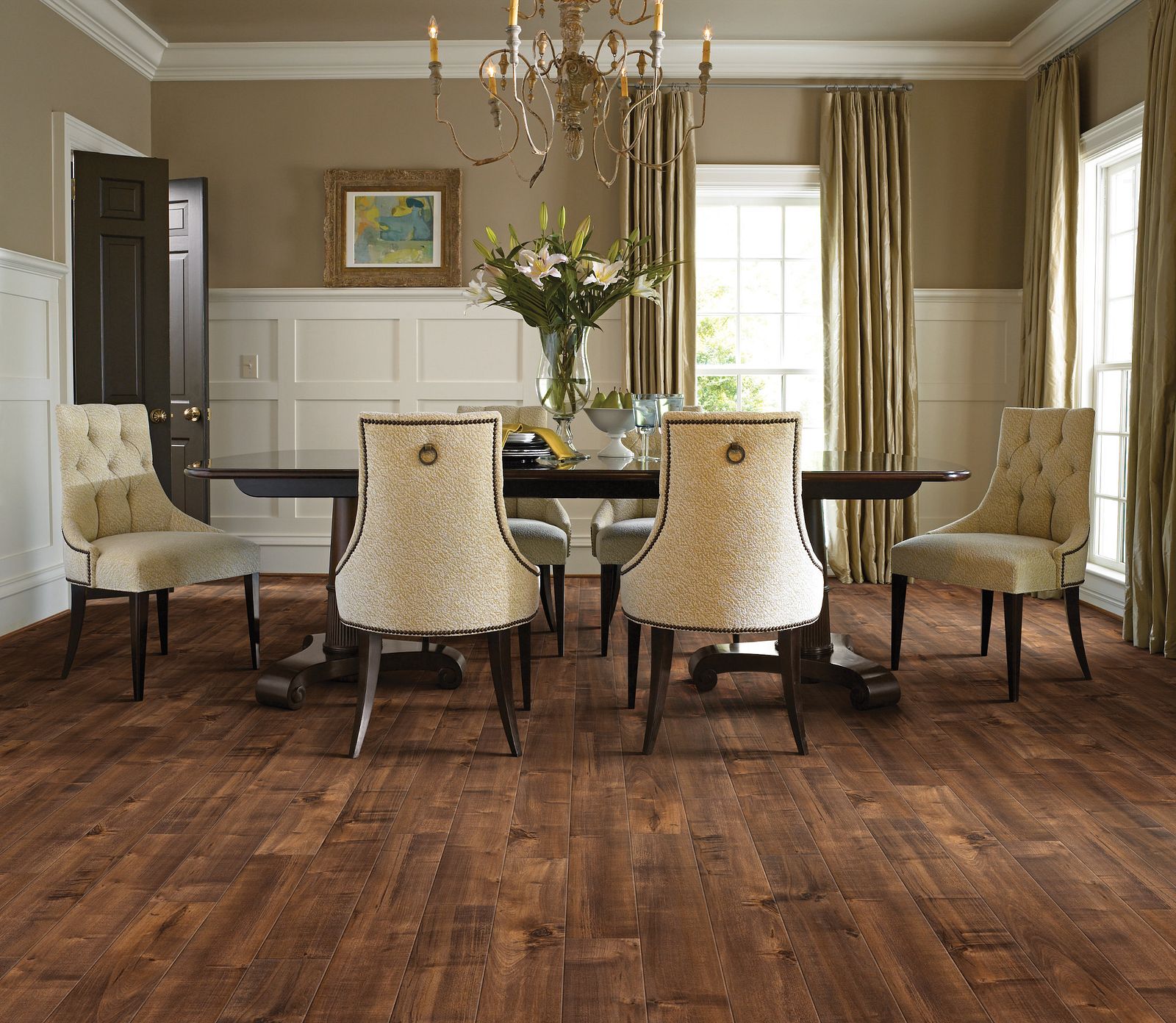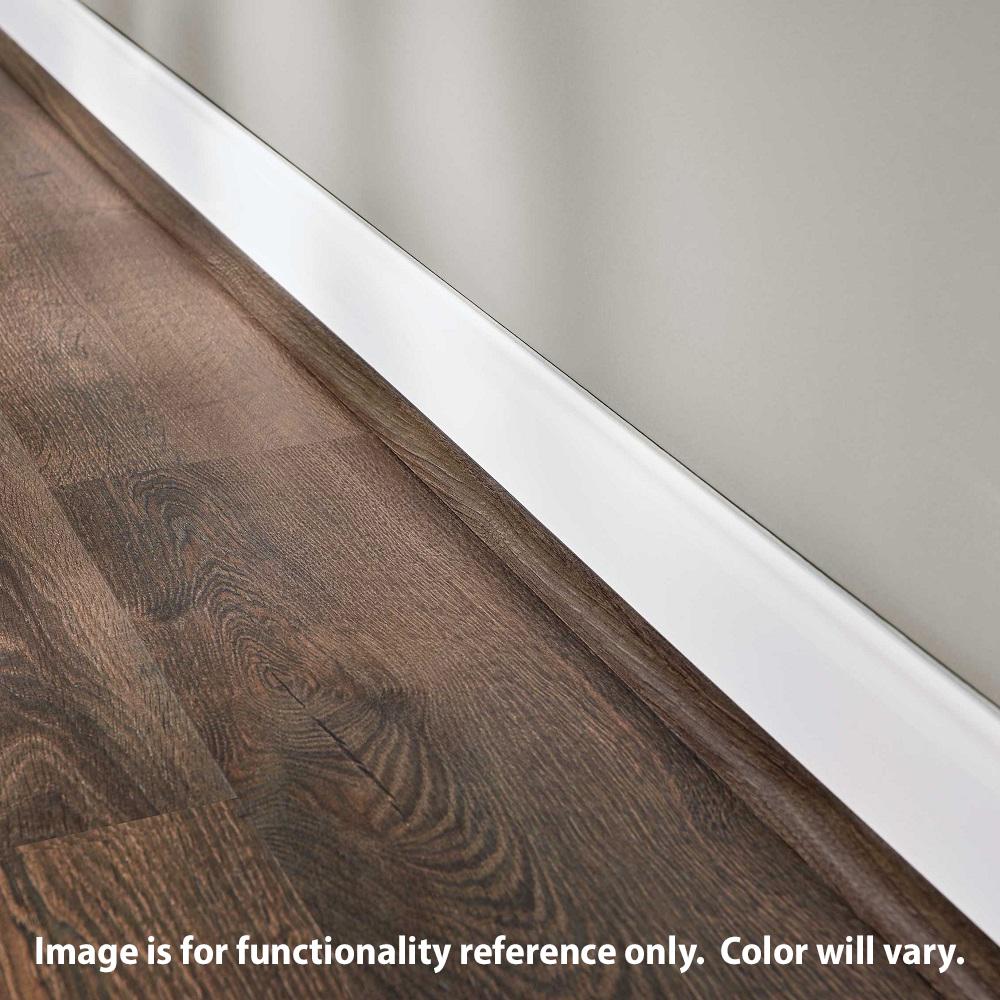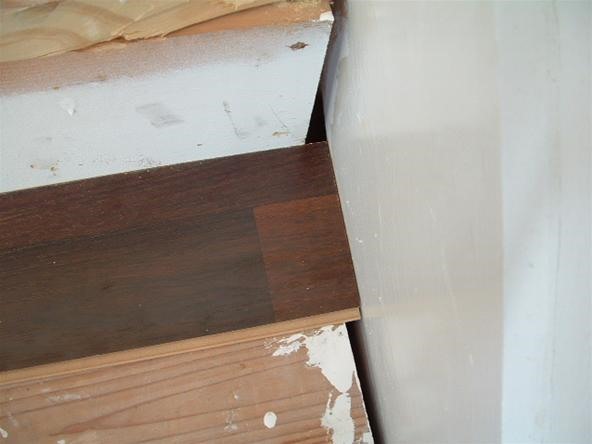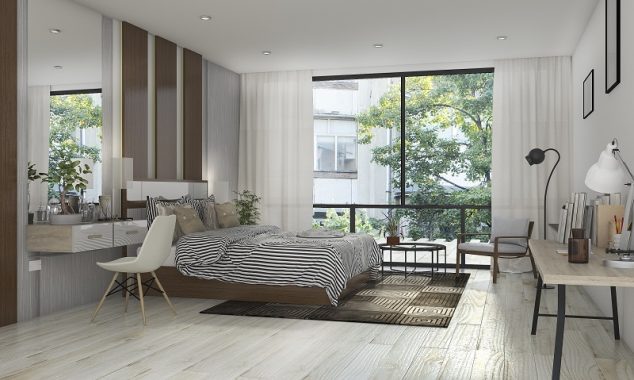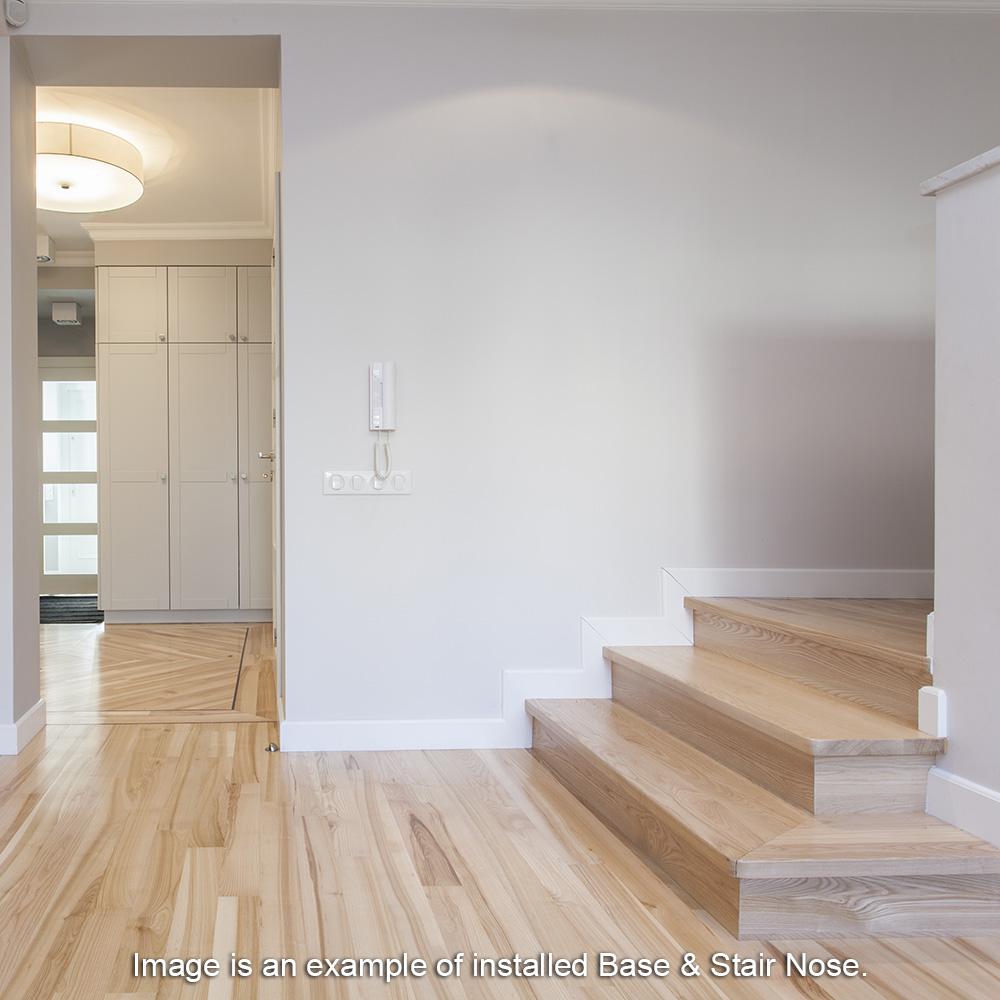When you install the floor you ll need to leave a quarter inch space between the flooring edges and walls or any other permanent floor spaces such as the base of cabinets.
How to install laminate flooring groung corner molding.
If the molding is profiled or contoured you must use either a mitered joint or.
Often referred to as a floating floor because it does not attach to the sub floor the material is a snap to install.
If there s a gap under your door casing and also a gap between two rooms under a door where two different installations of laminate flooring join you can install t molding to hide both gaps.
On inside corners where the molding meets at the inside of wall corners you can cut the baseboard with square ends only if the molding is flat faced and has no profiled edge.
This space will allow room for the flooring to expand and contract with changes in humidity.
Most laminate flooring manufacturers provide quarter inch plastic spacers as.
When you redo the floor in a room one of the most vital parts of the project is adding base molding as a finishing touch.
Quarter round molding typically offers some flexibility allowing the molding to sit on the floor even if the floor is not level.
In this video i am showing how to install laminate flooring for the first time.
When you re installing baseboards over vinyl wood or plastic laminate floors the best way to handle gaps between the drywall and the flooring is to shim the gap with narrow blocks of 1 2 in wood.
Base molding not only serves as a beautifier but also helps hide minor imperfections such as gaps uneven wall protrusions and corners that are out of square.
When installing a floating laminate floor you don t need to use any adhesive nails or staples.
A baseboard installation usually requires two or more different types of cuts for the different corner joints where the mating pieces meet.
Laminate flooring is a great alternative to wood.
Laminate flooring is one of the least expensive floor coverings available.
Homeowners install quarter round molding at the base of a wall to hide gaps and imperfections between the wall and a laminate floor or between the baseboard molding and a laminate floor.









